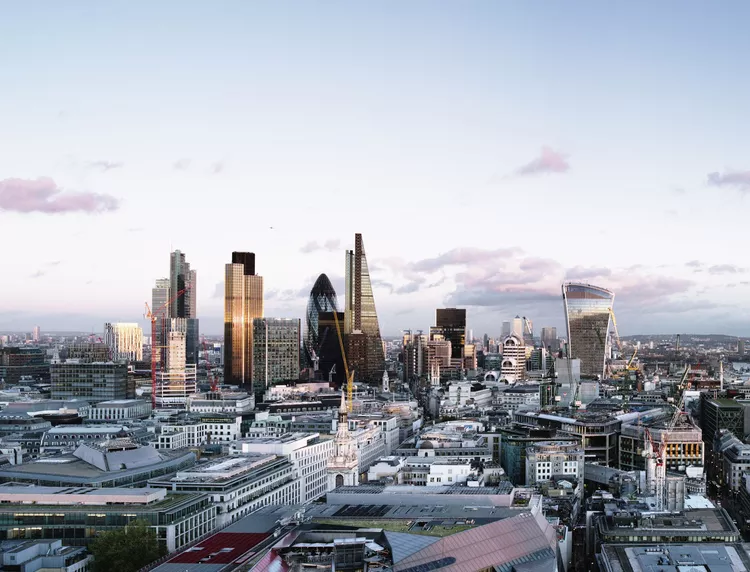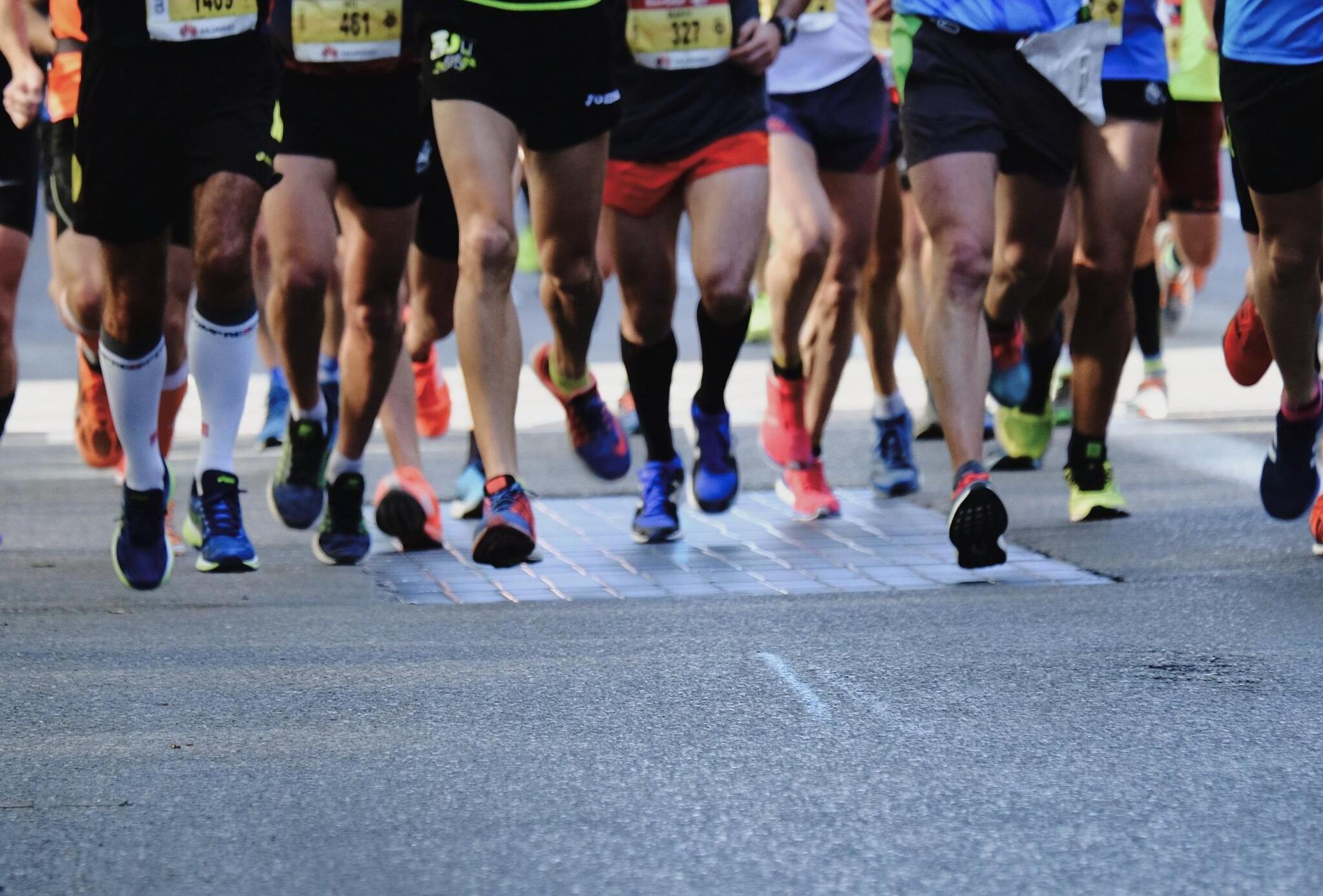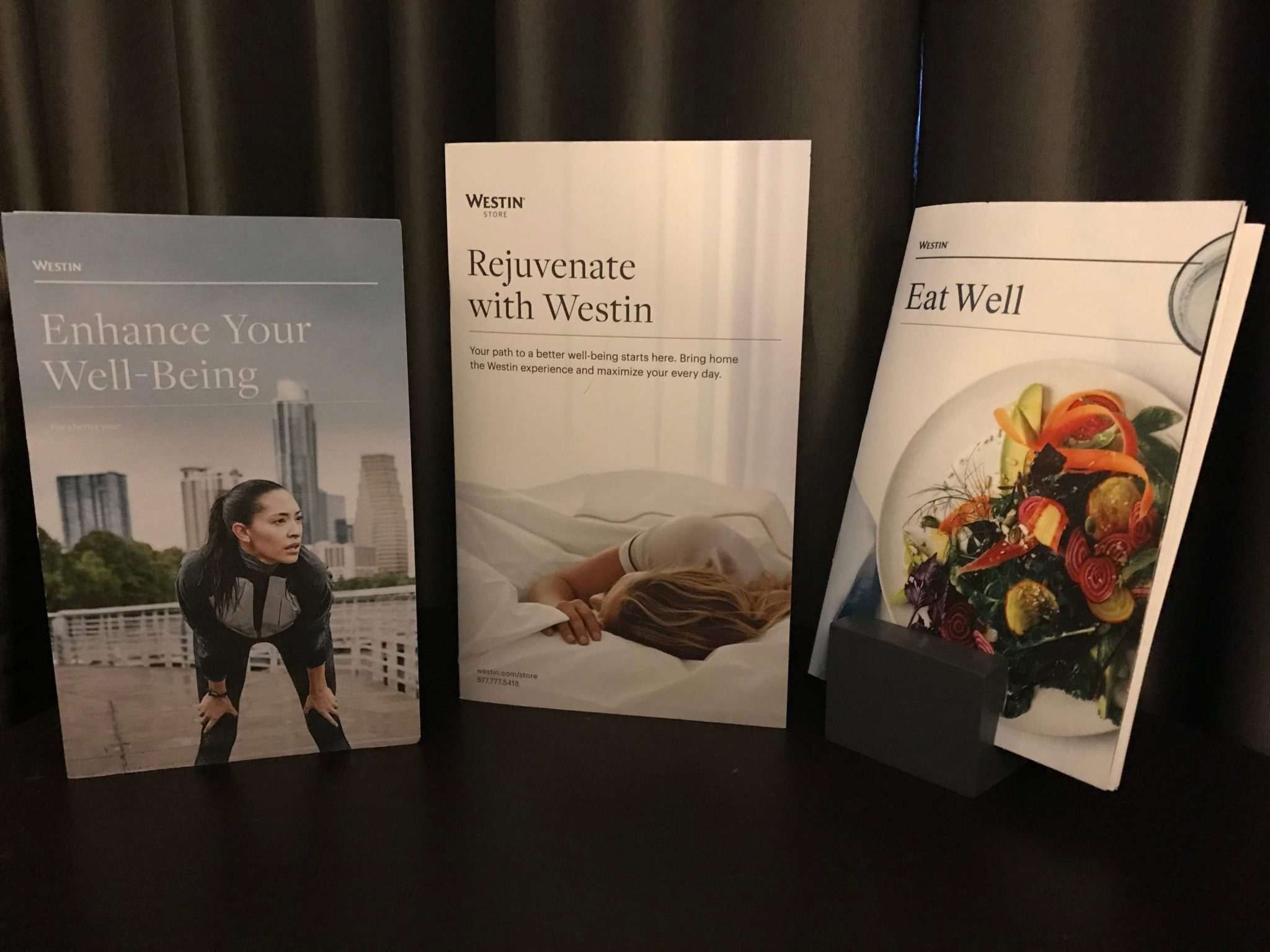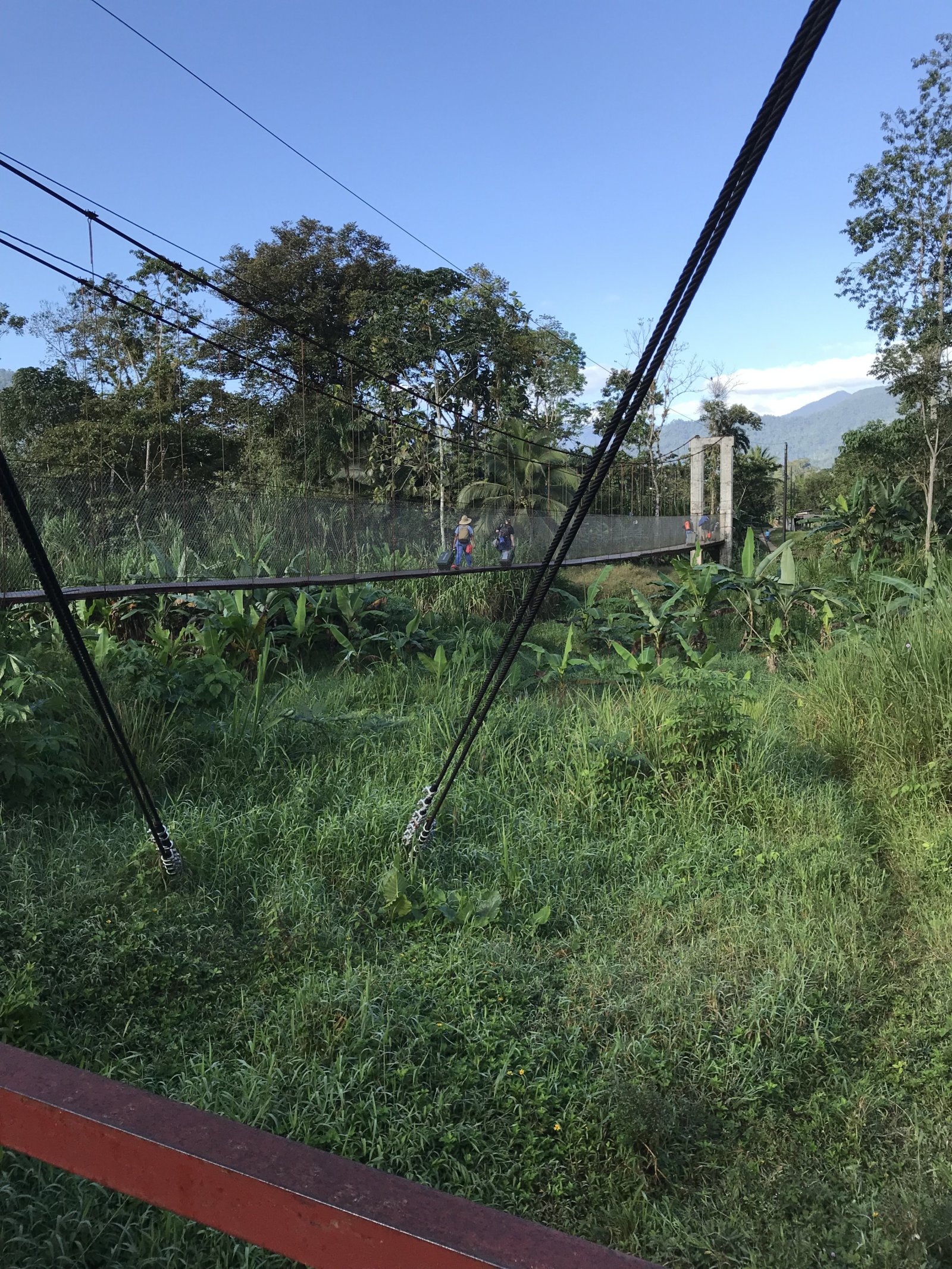Travel Tips for Britain
Stay safe, save money, and blend in with locals during your trip to the UK by following these essential tips:
It’s easy for visitors to feel relaxed in Britain. At the height of its empire, Britain ruled about a quarter of the world, and echoes of that colonial past still influence the language and culture of about 30 percent of the world’s population in the 54 member states of the Commonwealth. So it’s natural for lots of people to think the UK is just like home…with a different climate and accent. However, there are things to keep in mind to help you have a safe trip, spend money wisely, and mingle with the locals.
Don’t Drive in Cities Until You’re Confident You Can

Driving on the left is not hard to get used to, but if you haven’t done it before, don’t try to learn in the middle of traffic. City drivers are notoriously impatient. London traffic can be intimidating, even to other Brits, and Birmingham is a nightmare to get in and out of via car. Moreover, if you rent a car in London or another major city, you’ll throw away a fortune every day to park it.
Instead, use public transportation to enjoy a car-free city visit. After that, take the train to a quieter town or village and arrange to collect your rented car there.
Never turn when a traffic light is red. If you turn right, as you are permitted to do in many parts of the USA, you’ll be turning directly into oncoming traffic. If you turn left (which is the flip side equivalent, as you’ll be in the left lane to begin with) you’ll be breaking the law and could well be caught on a traffic camera for running a red light.
Don’t Forget to Spend Your Coins

Visitors often underestimate the value of British coins. When you are used to nickels, dimes and quarters, or the tiny five and 10 cent Euro coins, that pocketful of British coins you are clanking around with seems like just so much small change. A British pound coin may look like play money but it is worth about USD $1.35 (in 2016), and two-pound coins are worth more than $2.50. Therefore, a handful of coins can buy a sandwich and a drink. Spend it before you leave because most banks and currency exchanges won’t exchange coins into your own currency.
Don’t Block the Escalators

The UK locals like to race up (or down) the left side of escalators in stores, airports, and train stations. If you prefer to stand patiently in one spot from the bottom to the top, stay on the right, leaving the left side free for passing traffic. Otherwise, you’ll see a lot of frowning faces and have to suffer the indignity of people trying to push past. City people, in particular, regard loitering on the left of the escalator as akin to shoving in at the front of a line instead of waiting your turn…you’ll get a lot of grumbles.
Don’t Be too Impressed With Royals and Aristos

The British take their royal traditions with a grain of salt. The royal family is part of the history and heritage of the UK. However, even dyed-in-the-wool Royalists are not above joking about them or taking a light approach to the subject. Consequently, don’t be shocked by the flippant attitude toward the Queen, her children, and grandchildren that you may see on television and in the press.
Be careful about making jokes yourself, though. Until you know the lay of the land and the feelings of the people, it is best not to initiate royal humor yourself. And if you are introduced to someone with a title, don’t fawn or wonder if you should curtsy. Just treat them with the same respect you’d give anyone else.
Don’t Confuse England With the Rest of the United Kingdom

Nothing annoys someone from Scotland or Wales more than being called English. In Northern Ireland, if you call a local English, you could start a brawl.
The full official name of the UK is The United Kingdom of Great Britain and Northern Ireland. Great Britain is composed of England, Scotland, and Wales, each a distinctive country with a good deal of local governmental control, local culture, reviving national languages, and strong ethnic identities. If you are not sure who you are talking to, or which country you happen to be in, use Britain and British as safe general terms.





